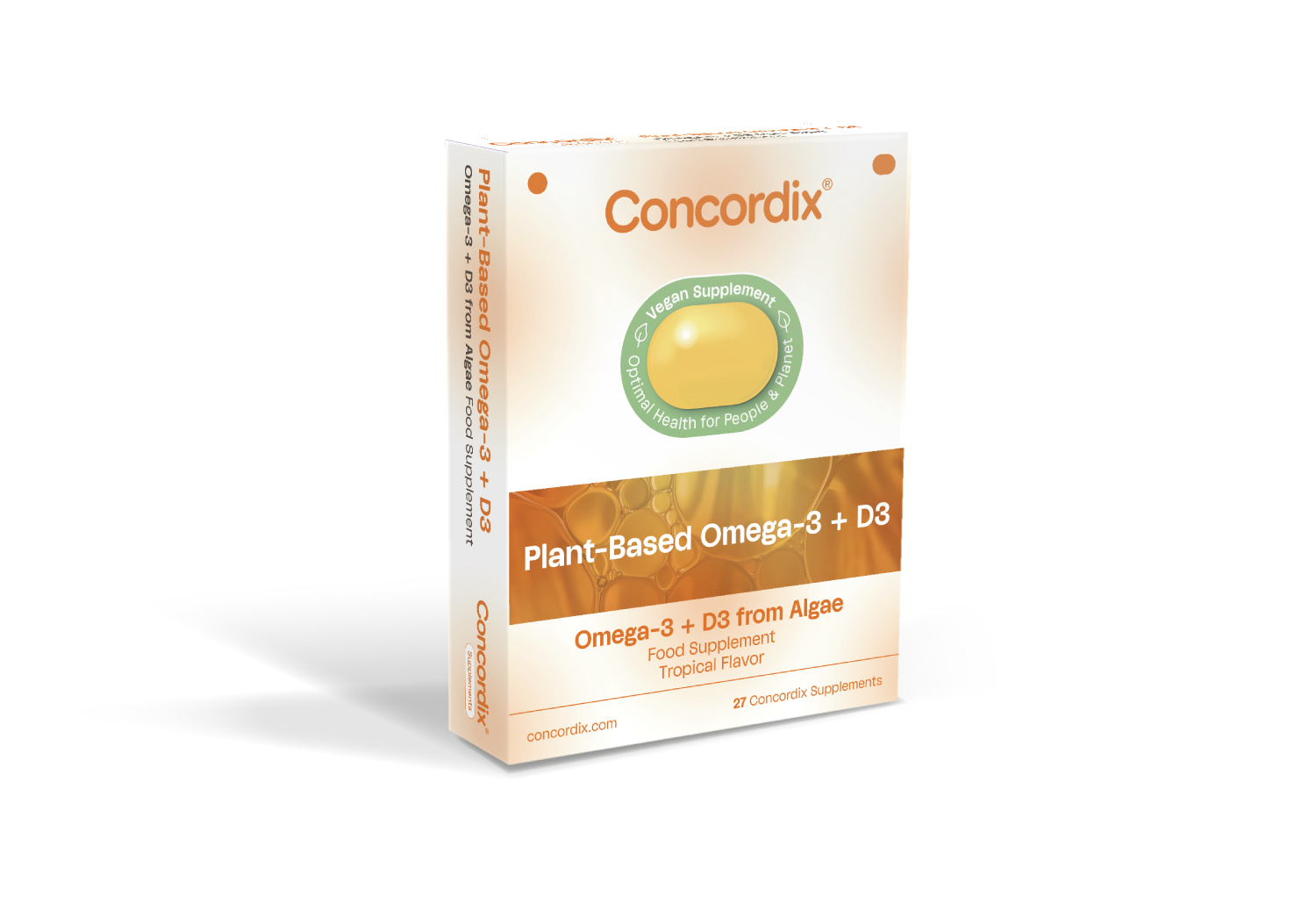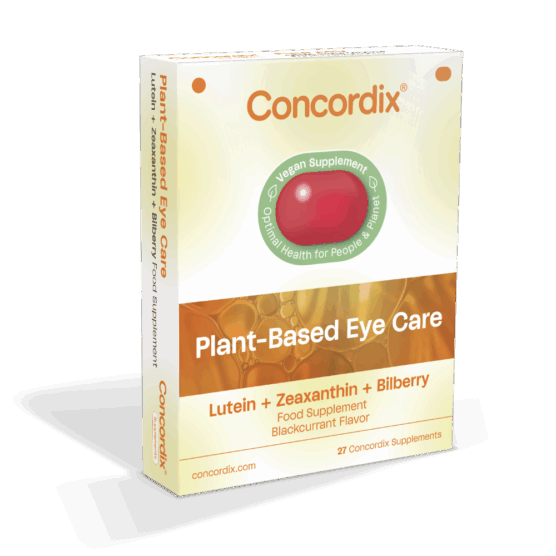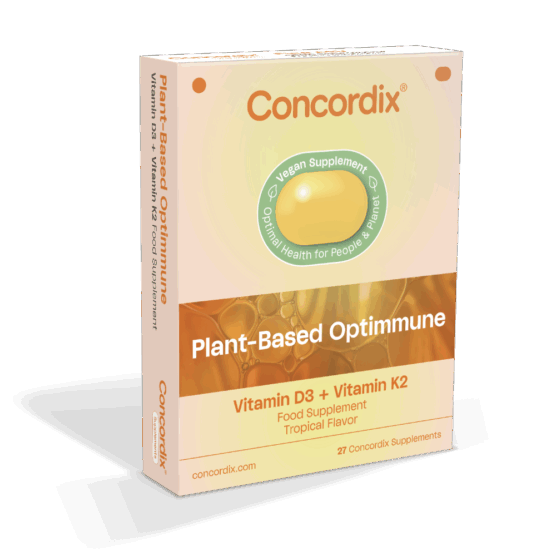Bone health
Vitamin D plays a key role in promoting calcium absorption in the intestine and maintaining adequate blood calcium and phosphate concentrations to enable normal bone mineralization. In this way, vitamin D is important for the proper functioning of the skeleton, and may prevent that bones to become brittle as in osteoporosis.
Other effects
Vitamin D has beneficial effects on muscle function and strength. The vitamin is also involved in cell growth, neuromuscular and immune function and reduction of inflammation. There is accumulating epidemiologic data that a low vitamin D status is inversely associated with disorders such as diabetes, rheumatoid arthritis and multiple sclerosis.
The European Food Safety Authority (EFSA) has acknowledged the following beneficial effects as a basis for health claims:
• Vitamin D contributes to the maintenance of normal muscle function
• Vitamin D contributes to the normal function of the immune system and healthy inflammatory response
• Vitamin D contributes to the normal absorption/utilisation of calcium and phosphorus and maintenance of normal blood calcium concentrations
• Vitamin D contributes to the normal cell division
• Vitamin D contributes to the maintenance of normal bones
• Vitamin D contributes to the maintenance of normal teeth



 Vitamin D is a fat-soluble vitamin that is naturally present in very few foods such as fish. When the skin is exposed to the sun, the human body is able to synthesize vitamin D from ultraviolet rays. It is involved in many different biological processes including, bone health, immune system and cell division.
Vitamin D is a fat-soluble vitamin that is naturally present in very few foods such as fish. When the skin is exposed to the sun, the human body is able to synthesize vitamin D from ultraviolet rays. It is involved in many different biological processes including, bone health, immune system and cell division.

